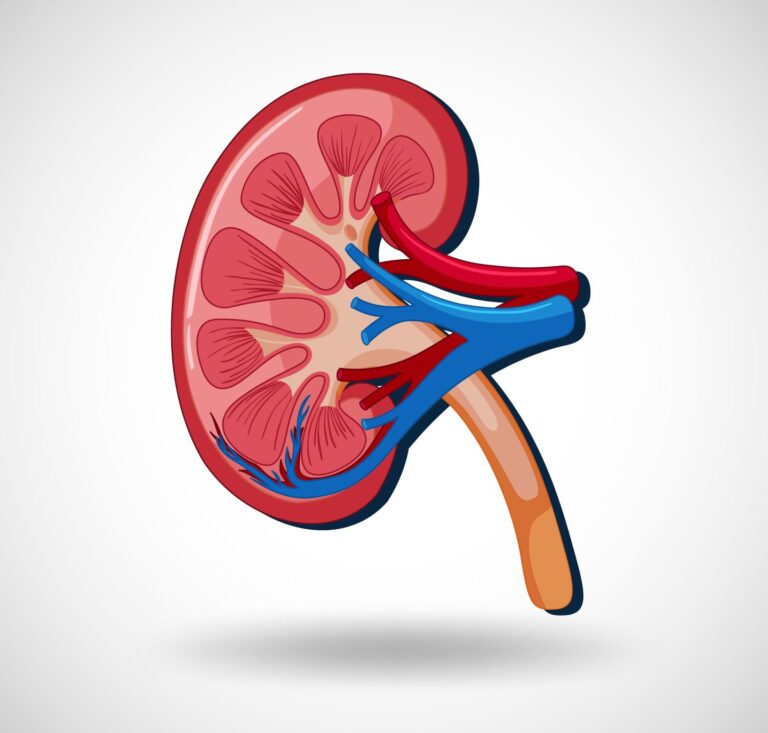The Importance of Regular Health Screenings

A healthy life starts with regular health screenings. Just as routine maintenance keeps a car running smoothly, regular health screenings help identify potential issues before they become bigger problems.
While many people view medical checkups as something to only do when feeling sick, preventative health screenings for people of all ages can lead to early detection, prevention, better disease management, and peace of mind.
Read on to learn more about the basics of health screenings, their benefits and potential barriers, and how to make regular wellness exams a priority.
What Are Health Screenings?
Health screenings are medical tests, exams, and procedures done on a routine basis to detect the early signs of health issues. They go beyond the standard vital signs check at an annual physical to focus on specific diseases and conditions. Some of the most common routine health screenings include:
- Blood tests to check cholesterol, blood sugar, kidney function, and other lab levels. A simple blood draw can provide a wealth of information.
- Imaging tests like mammograms, X-rays, bone density scans, and colonoscopies that provide visuals of the inner body.
- Physical exams of the skin, eyes, teeth, heart, lungs, neurological system, and other areas.
- Specialized tests like Pap smears, prostate exams, hearing tests, mental health questionnaires, and age or gender-specific cancer screenings.
The recommended testing frequency is based on your personal risk factors, family history, age, and gender. Your doctor can help tailor an individualized health screening schedule for early detection and prevention.
Catching Issues Early On
One of the biggest perks of health screenings is finding health concerns at their earliest, most treatable stages. Detecting diseases early gives you the best odds for effective treatment, significantly improving your long-term health prospects. For example, routine mammograms and self-breast exams make breast cancer more survivable by catching it before it has a chance to spread significantly.
By identifying potential health issues early, you gain the crucial advantage of time, allowing for prompt, targeted interventions. This proactive approach is essential in managing and mitigating health risks effectively. Book an appointment with Complete Wellness to start your journey towards a healthier, more secure future.
Prevention Is the Best Medicine
Along with early detection, various health screenings also provide disease prevention. Over time, issues can be prevented from ever occurring or progressing by monitoring vitals like cholesterol levels, blood sugar, bone density, heart health, dental health, and mental health.
Your doctor can notice unhealthy trends and get you started on preventative interventions through lifestyle changes, physical therapy, supplements, or medications. Prevention helps you avoid painful diseases down the road.
Keeping Chronic Conditions in Check
For those already managing chronic illnesses like diabetes or heart disease, routine screenings become even more critical for monitoring and managing your health.
Staying on top of your vitals through regular bloodwork, physical exams, and specialty tests helps prevent acute flare-ups of conditions by catching symptoms before they spiral out of control.
It also aids in adjusting medications and treatments over time for optimal health. Screenings make managing lifelong conditions smoother.
Better Health Outcomes and Lower Costs
Beyond the individual benefits of prevention and early detection, a society of people who regularly get health screenings has positive effects for public health outcomes as a whole.
Early detection of epidemics, lowered mortality rates, and prevention of diseases that bankrupt healthcare systems are all favorable results of routine checkups.
Peace of Mind Benefits
Finally, regular health screenings provide invaluable peace of mind. Knowing that you are up-to-date on all recommended testing and exams for yourself and your loved ones is a major stress reliever.
There is no need to worry about the “what ifs” of health concerns flying under the radar. Get screened and take preventative steps forward.
Barriers to Overcome
While the benefits are great, there are still numerous barriers that prevent people from getting timely health screenings. Being aware of these obstacles is the first step to overcoming them:
- Lack of awareness – Many people are unaware of health screening guidelines or underestimate their own risk.
- Access to healthcare – The uninsured and those in rural areas often struggle to get affordable screenings.
- Cultural barriers – Different cultures approach healthcare differently which influences utilization.
- Fear and avoidance – Anxiety about procedures, diagnoses, and medical bills deters some.
- Lack of time – Busy schedules and fatigue make preventative tests a low priority.
- Skepticism over value – Some question if extensive testing is actually beneficial for their health.
Moving Forward with Screenings
Thankfully there are many strategies both on an individual and systemic level that can help facilitate regular health screenings for all:
- Public health campaigns can better educate on the guidelines and benefits of testing. Community outreach programs can focus on underserved groups.
- Policy and insurance changes must continue to work towards accessible and affordable healthcare.
- Workplace wellness programs should encourage preventative screenings through on-site health fairs and employee benefits.
- Telehealth services are making many tests possible from the comfort of home, removing time and mobility barriers.
- Healthcare teams need better patient engagement tactics to have open conversations on hesitations and walk through the value of screenings.
With improved education, advocacy, accessibility, incentives, and communication, regular health screenings can become easier and more universally adopted.
Leveraging Technology for Better Health
Exciting new technologies are also helping bring health screenings into the modern era. Wearable devices now allow patients to self-monitor vitals in real-time. Smartphone apps provide easy access to lab results, reminders, and telehealth services.
But while technology improves population health on a large scale, individuals still need to take personal responsibility for their well-being. This means having open and honest conversations with your doctor, showing up to appointments, and following through on screening recommendations. Prevention starts with you.
Community health organizations, businesses, healthcare providers, and policymakers also play key roles in improving access to routine screenings across all demographics. But grassroots efforts through schools, religious groups, and neighborhood communities may be most effective at spreading awareness. Like exercise and healthy eating, a cultural shift is needed to make preventative screening a social norm.
Conclusion
The benefits of early detection and prevention through regular health screenings are clear. Lives are saved, diseases are minimized, risks are reduced, chronic conditions are optimally managed, healthcare costs drop, and individuals gain peace of mind.
While barriers like cost, fear, and stigma exist, they can be overcome through education, advocacy, access, and innovation. Your health tips and longevity may depend on getting the proper tests at the right times. Contact your physician and book your routine appointments today.





